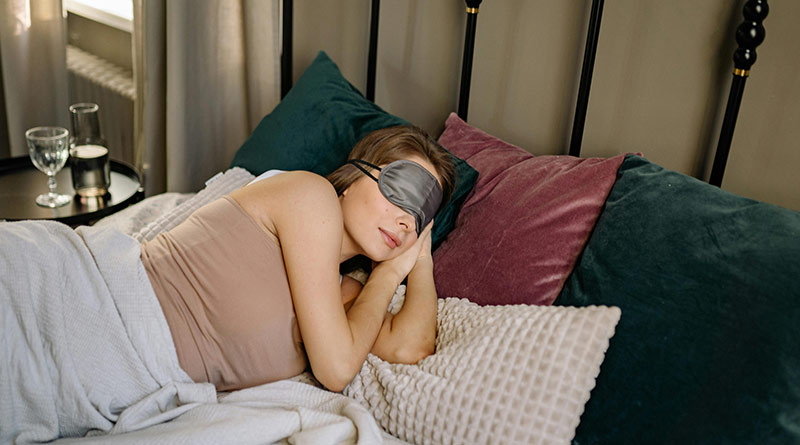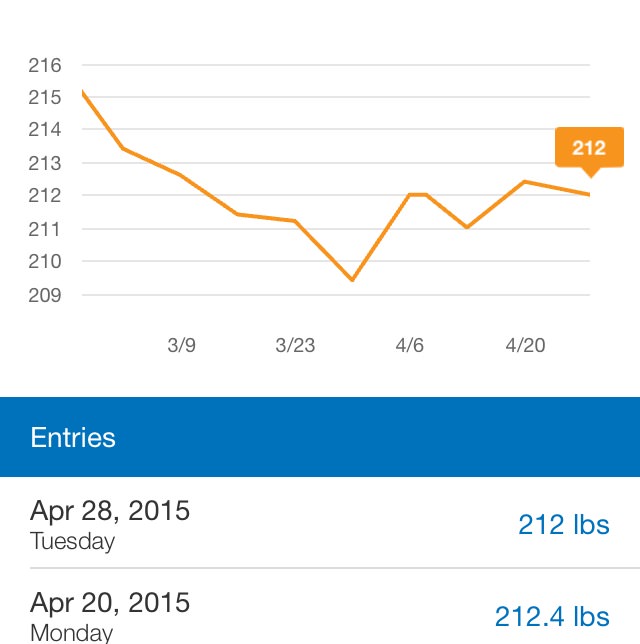Executive summary
* A paper published in the Lancet claimed that there is an association between exposure to night light and the onset of type 2 diabetes (T2D).
* The UK Biobank data – for 85,000 people – were used for the study. Participants wore a device on their wrist for one week during the summer to record exposure to day and night light. The data were then used in modelling exercises, which is where the claims came from.
* There were many issues with the study:
– Methodological issues: participants were placed in uneven groups; the definition of night light was suspect; important risk factors were not adjusted for and/or not able to be considered due to lack of data.
– The usual population study limitations: association not causation; relative not absolute risk; and, unusually in this study, the absence of a healthy person.
– Additional limitations of this study: the authors reported eight. At least two were show stoppers (no food intake information available and no assurance that the device remained uncovered by clothing or bed covers throughout the study).
* If people take away the message that they just need to darken their bedroom or wear an eye patch to avoid T2D and midnight snacking makes no difference, this paper will be as harmful as it was flaky.





